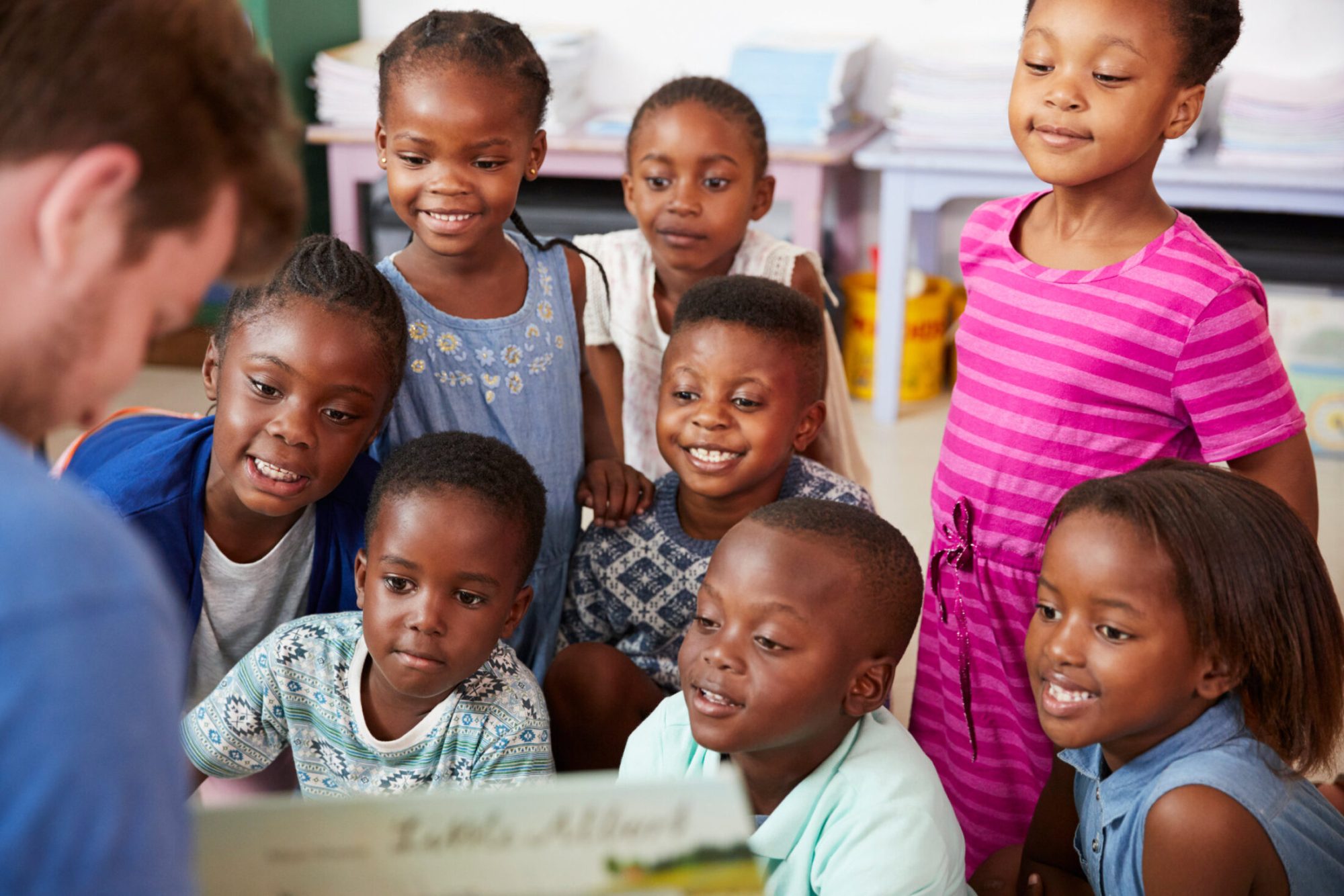The Kansas State Board of Education continued its review this month on a proposal to alter high school graduation requirements beginning next school year.
Education Commissioner Randy Watson’s Graduation Requirements Task Force has been meeting for the last 15 months, with a goal of implementing changes by June 1, 2023, to affect incoming freshmen with an expected graduation date of May 2027.
The group proposes retention of the 21-credit state minimum, but with adjustments to satisfy that provision:
- English Language Arts. The four-unit requirement would be reduced to 3.5, with a half-unit of communications, such as speech or debate, rounding out the total.
- History and Humanities. In place of the current three-unit minimum in history and government and one in fine arts, the task force suggests 2.5 units in social studies, a half unit of fine arts, and one additional unit of humanities or art.
- STEM (Science, Technology, Engineering, Math). The current minimum for graduation is three units each in math and science. The proposal would retain those six credits needed and add one elective in a STEM course or computer science.
- Life Skills. The task force would halve the physical education unit required from 1 to 0.5 but stipulate a half unit of health, another 0.5 unit of financial literacy, and 4.5 units of electives that meet the student’s post-high school plans.
- Market-Value Assets. Demonstrations of at least two skills and experiences outside the classroom, such as an ACT score above 21, high state assessment scores, college credit hours earned, community service, Eagle Scout or Gold Award achievement, or industry-recognized certifications or apprenticeships.
All requirements would be minimums; local school boards could add additional unit requirements.
State legislative leaders in K-12 education were quick to respond to the proposed changes in graduation requirements.
Sen. Molly Baumgardner is Chair of the Senate Education Committee:
“I’m particularly concerned with any effect on STEM classes. This is exactly the opposite message to be given to students wanting to concentrate on STEM. Some districts don’t even offer these courses, despite a legislative mandate.
“Future careers in demand will need foundational skills in math and English. Reducing requirements in these high school courses will continue the trend of higher education institutions having to offer remedial classes in these subjects and others to students who aren’t ready for college-level coursework when they finish high school.
“K-12 schools want “full funding”; why not offer a “full high school education?”
Sen. Baumgardner concluded:
“I expect the Legislature will look at different ways to respond to this next year.”
Sen. Renee Erickson, Education Committee Vice-Chair adds:
“It’s very concerning that at a time when schools have record amounts of money, academic achievement is declining, and learning loss is a big concern that the state board would consider lowering the academic bar for graduation. It’s not surprising, however, since KSDE and the board have deemphasized academics to focus on social-emotional learning for many years now. We need to strengthen, not weaken, academic rigor. It’s what students deserve and need, and parents want.”
Joseph Magana is Vice-President for Policy and Advocacy with EdChoice, a leading advocate for school choice nationwide:
“At a time when we have seen so much learning loss from COVID, Kansas should be focused on getting all its students to competency and completion regardless of how many credits it takes or how long a child is in a school. We need to come alongside parents and empower them with more educational opportunities and schooling options than ever before. Because what matters most is that children are learning and progressing whether that’s in their publicly funded school, in a private school, with a tutor, at home or another tailored arrangement that’s best for each child.”
The next meeting of the state board will be on October 11th and 12th in Topeka.



